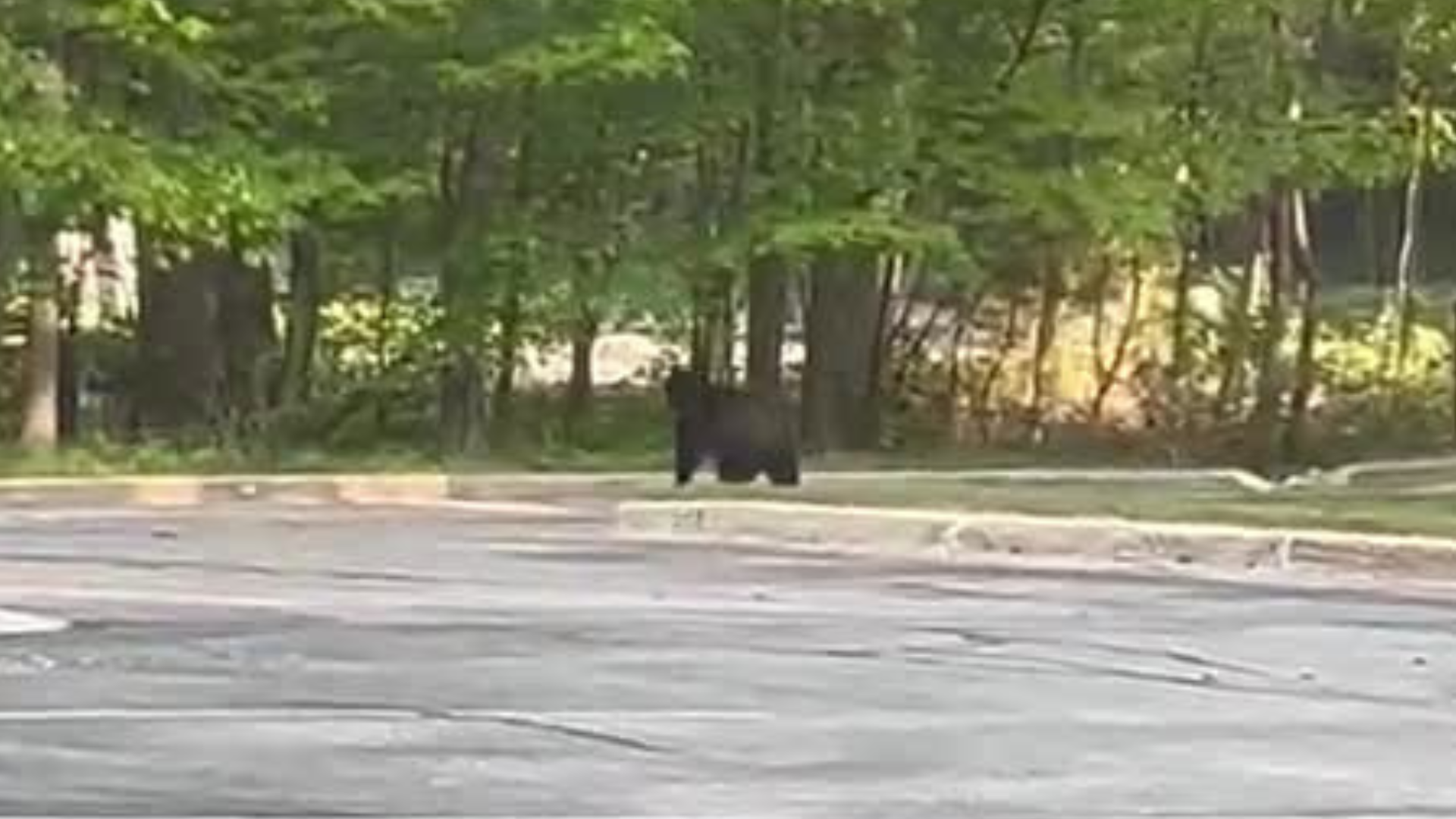



I’m sure every parent can relate to this: your child emerges from his room full of toys, passing the tech gadgets, the television and the gaming system. His eyes seem to miss the bikes, skateboards, scooters, play equipment—and overall nature—as he glances to the backyard. His shoulders fall and his head cocks to the side, like his neck can no longer support the weight of his own skull, and with an exaggerated sigh he says, “I’m bored…there’s nothing to do.”
When my sons were growing up, we encountered this often. And, as a self-proclaimed “fixer,” the plight of my bored boys was always met with at least a dozen suggestions.
No matter what my ideas were, though, my kids were never satisfied. They wanted something new. In their quest for newness, though, they seemed to forget about all of the amazing stuff around them.
Adventure has gotten a bit of a grandiose reputation. It’s become an undertaking, an expedition; it feels like it has to be dangerous, and it almost always happens far away from home.
At its core, however, adventure is simply finding the newness of an experience, even the familiar ones. That is something that became clear to me when the stay at home order was first issued.
Suddenly, the lack of options for cutting through the monotony of my days had me feeling like my sons felt so many years ago. I missed the small adventures that I had often taken for granted. My kids weren’t actually bored. They were just tired of their routine. They were tired of their stuff. Eventually, with a little imagination, their tired old stuffed animals became soldiers in a battalion, their bunk beds became space ships and the floor became lava.
That’s the type of imagination, or, more appropriately, re-imagination, that the folks from Iron Fish Distillery have mastered.
Re-imagining a Farm
Driving the dirt roads leading to , it’s hard to believe there’s anything but rolling farmland and two tracks that trail off to unknown destinations.
“When we were first getting started with the farm, we counted two cars passing down this road,” Richard Anderson says as he leads my friends and me on a tour. “That was two cars for the whole week.”
We marvel at the farm house, the bee yard, the barrel room and silos full of grain as he tells us about the community that made the farm happen. “It started with the soil,” explains Richard. “And, luckily, we had a man show up to the farm early to help give us the best soil possible. Everything grows in the soil, and he helped us understand how important it was to nurture that.”
Richard and his wife, Sarah, along with Sarah’s sister, Heidi Bolger, and her husband, David Wallace, re-imagined their own lives in 2013.
A trip to Scotland planted the seed that would turn their 120 acre abandoned farm into a farm distillery, where every step of that process—from growing and harvesting the grain to cultivating the yeast, milling, mashing, fermenting, distilling, aging and bottling—is done by hand.
Everything they grow on the farm creates the small batch spirits enjoyed by their visitors. When you come to the farm, whether you’re just passing through or you’re camping on site, you become a part of that history.
And, it’s history that’s on display throughout, as pictures of the first farmers adorn the walls of the tasting room.
These current owners were not farmers in their previous lives—nor distillers—but they seem to look to those walls for inspiration. And like the spirits they craft, their unique qualities— when combined with a knowledgeable staff— are the perfect ingredients to create a place that is truly special; the kind of place where you sip the stories from decades gone by, with every taste of whiskey, vodka, and gin telling the story where the past meets the present.
Richard thinks about that intersection often. “At the end of the day, we’re just putting in the hard work for the 300-year-old distillery to come. Three hundred years…that’s when distilleries seem to hit their stride. That will be our legacy.”
I can only imagine the photos of Richard and his fellow owners hanging on the walls of Iron Fish in 2300, their own future decedents looking to them for guidance.
Art, Nature and Golf Carts
Down the road from Iron Fish Distillery is another example of worlds co-existing.
It’s a warm summer day at and golfers have replaced snowboarders as we make our way to the —an expansive network of trails surrounded by art installations that reflect the nature, culture and history of Michigan.
The park’s Executive Director, Joe Beyer, acts as our guide as we navigate the trails.
He points to an orange bird perched in the trees above us before giving us details behind some of the artwork in the collection.
“Beacon Project is one of my favorites,” he says, explaining that the piece, a joint effort between artists John DeHoog and Brian Nelson, is equal parts sculpture and architecture.
It seems only fitting to highlight a collaborative piece of art, especially since the partnership between the Art Park and Crystal itself is a shared vision.
The owners of Crystal Mountain generously lease the thirty acres of land to the park for $1 per year and share both facilities and staff support.
Joe is anything but an average executive director, though. For one, he spent the previous day pouring a concrete slab for a new bike rack purchased through a partnership with Norte, saying “I feel like part of this job is being a Park Ranger.” Joe goes on to mention a recent encounter with an Eastern Hognose snake; “they really do act like cobras,” he chuckles as I casually look down at my feet, hoping nobody notices.
Managing the Michigan Legacy Art Park means having a slew of differing skills —fundraising, event planning, conservation, art curation, education, marketing, public relations, concrete pouring and bird watching, just to name a few—and Joe Beyer, along with his small but dedicated staff, definitely has the versatility to match that of the park. Walking through the grounds in the summer only makes me eager to hike it in the fall, and even snow shoe it on a January morning. Every visit is different. The nature does the re-imagining for us…we just have to show up.
All Around Us
As we look to the fall, a novel virus looming with an air of uncertainty, I smile thinking of my kiddos and their boredom so many years ago. How I long for those days of uncomplicated complaining. But, it’s comforting—hopeful even—to know that with the help of a little re-imagination, farmers and artists, nature lovers and bird watchers, kids and parents and every one of us looking can find a little adventure, right in our own backyards.
Notes:
The Michigan Legacy Art Park is open during daylight hours, 365 days of the year. The park is free for children and $5 for adults—simply deposit your admission in the donation pipe located just through the gateway structure at the trailhead. Pack a picnic, but don’t forget to clean up after yourself.
Iron Fish Distillery is two miles from Crystal Mountain in Thompsonville, and just a stone’s throw from the beautiful Betsie River. Group tours are not available due to COVID-19, but on-site camping remains open. Hours may vary; for more information, call 231-378-3474 or check out their website at ironfishdistillery.com




© 2023 - 910 Media Group


